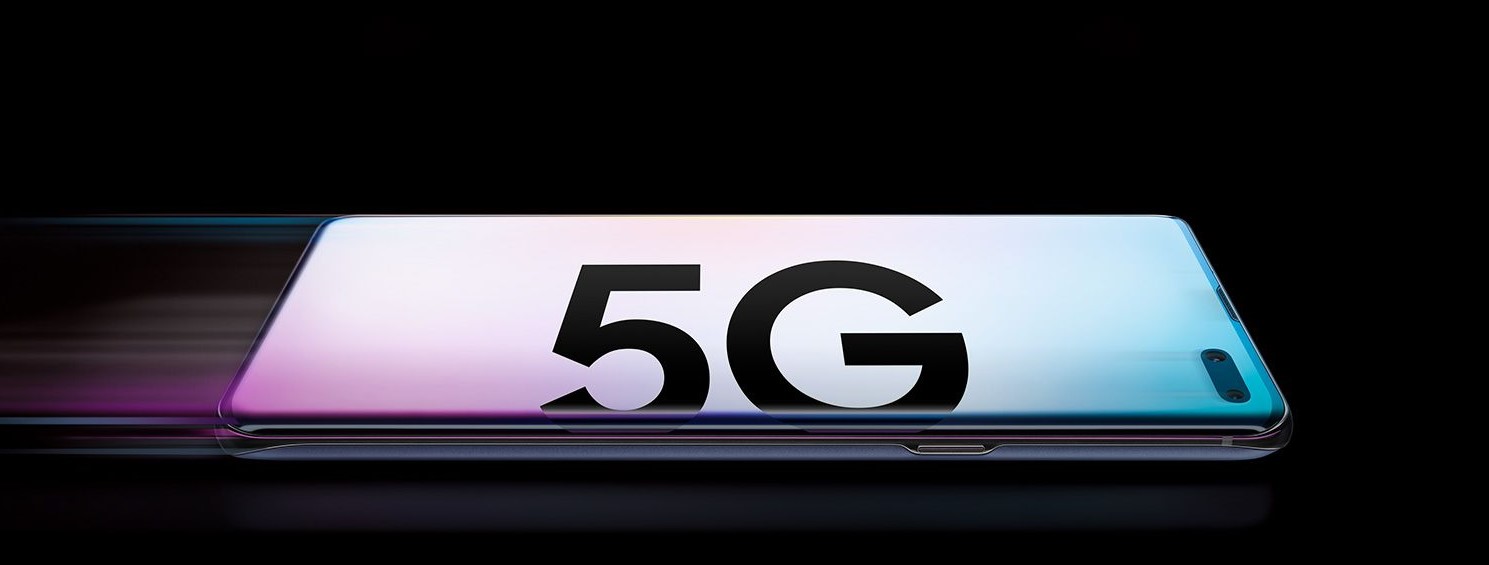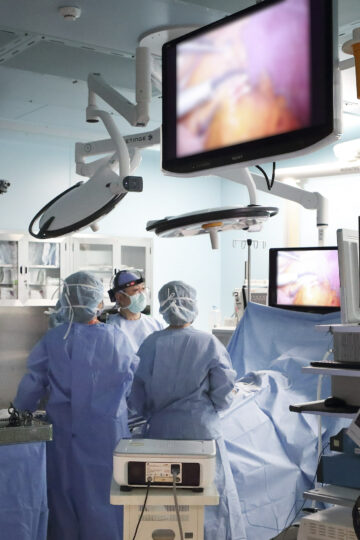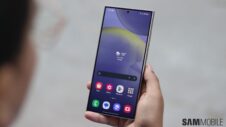In a case of using new technologies to improve healthcare, Samsung and KT Corporation have joined forces to bring 5G to the Samsung Medical Center (SMC) in Seoul and create ‘innovative medical services for the new 5G era' – reveals a recent PR Newswire press release. 5G enables easy access to digital data and video footage, remote surgery education, and it even powers robots for operating room assistance as well as an AI for in-patient care.
The Samsung Medical Center can now conduct digital pathological analysis through the 5G program, and it has become the first hospital in the world to leverage 5G for on-site medical procedures. Normally, tissues that are taken from a patient during surgery are sent back and forth for analysis, and this procedure can take up to 20 minutes. But the Pathology Department at SMC can now obtain all of this information much faster through the ultra-high speed, ultra-low latency 5G network.
Remote surgery education, robots, and AI
Another area that has been improved by the 5G network is remote training. KT and SMC have developed a 5G-powered education program that allows surgeons in operating rooms to offer remote training to large groups through real-time high-quality video and audio.
The operating rooms have been further enhanced by 5G with the addition of a delivery robot designed to remove medical waste and provide supplies.
As mentioned before, artificial intelligence plays a role as well. A new 5G-enabled AI at the Samsung Medical Center provides in-patient care and allows patients to easily control certain aspects of their hospital room using voice commands. The AI essentially acts as a 5G IoT hub for other smart devices that may be located in the room. In addition, patients can also choose to give the AI permission to access their medical condition and potentially improve medical staff response times in emergency situations.
AR and VR applications are on the way
Samsung and KT Corporation want to further enhance the Samsung Medical Center with AR (augmented reality) and VR (virtual reality) applications. These technologies will be used primarily for educational purposes and they'll provide access to courses in real-time.
Samsung's commercial VR application, i.e., the Gear VR, hasn't seen a lot of attention lately. The company's most recent Galaxy flagship phones no longer offer Gear VR compatibility, and Oculus CTO considers the headset a missed opportunity. Nevertheless, VR has had other applications beyond entertainment ever since its earlier days, and in a closed environment powered by 5G – such as the Samsung Medical Center – VR can become an incredible learning tool.








